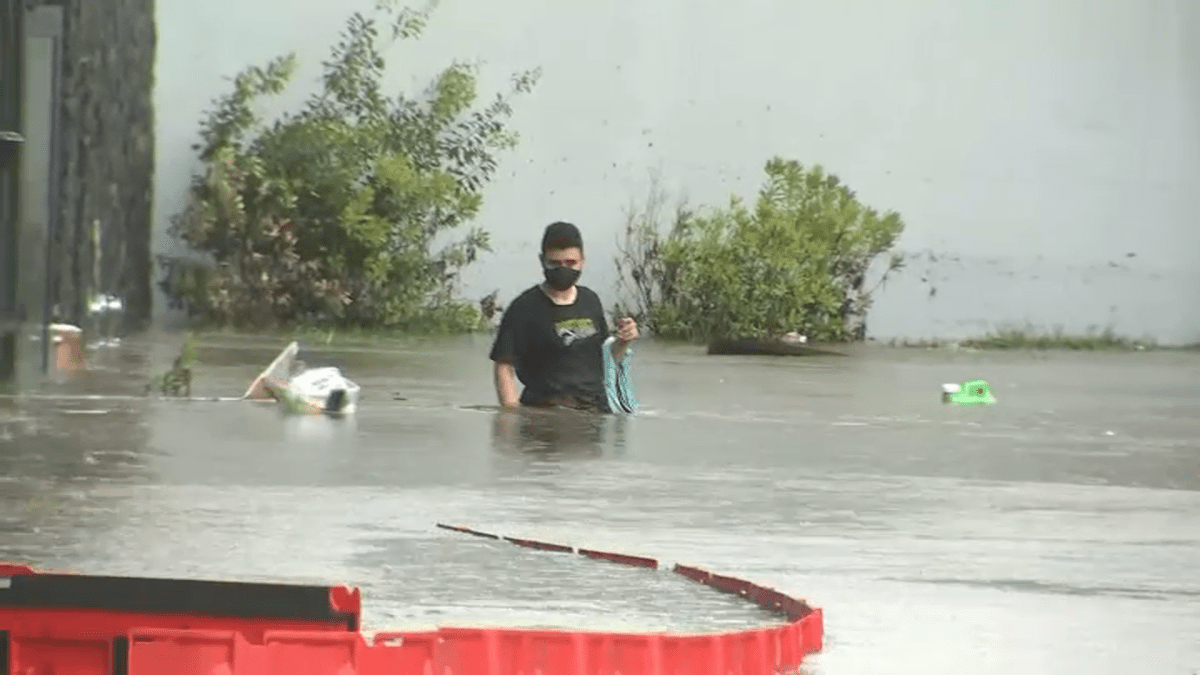Brazil, through the Brazilian Space Agency (AEB), recently signed a space cooperation agreement with Portugal — a country whose state space agency is part of ESA, the notorious European Space Agency. The agreement was highlighted in the official communication channels of both nations, praising the partnership.
The Memorandum of Cooperation for the Peaceful Use of Space, Space Sciences, Technologies and Applications provides for a series of collaborations between the two Portuguese-speaking countries. The announcement by the Government of the Portuguese Republic highlights that the collaboration foresees practices such as “joint initiatives for the installation of terrestrial capabilities for receiving data from satellites”, “exchange of information on new technologies related to rockets, suborbital flights and launch systems”, “exchange of data on space meteorology” and “development of actions linked to the academic and technical training of professionals, students and researchers from both countries”.
But what does that mean, in practice? To better understand the news, the Canaltech spoke with Carlos Moura, president of the Brazilian Space Agency, who signed the document together with the Minister of Science, Technology and Higher Education of Portugal, Elvira Fortunato; the Minister of State for Science, Technology and Innovation of Brazil, Luciana Santos; and the President of the Portuguese Space Agency, Ricardo Conde.
How will space cooperation between Brazil and Portugal be?
Below you can see the interview with Canaltech with Carlos Moura, president of AEB, in full:
Canaltech (CT): What are the objectives of this spatial cooperation between Brazil and Portugal?
Brazil is one of the few countries in the world that can operate in all segments of space activity. Portugal, in addition to all the historical ties with Brazil, is one of the participants of the European Union and the European Space Agency – and has been playing a growing role in these projects, including the recently launched Juice probe, whose mission is to explore Jupiter.
The objective of the Memorandum, then, is to take advantage of the potential of both countries and seek points of convergence, whether in the international arrangement for the peaceful use of space, or in possible projects or education initiatives.
Let’s remember that space activity relies heavily on international cooperation, which is an intelligent way to share resources, reduce risks and increase the chance of success.
CT: The countries agreed to “promote the implementation of an agenda on space technologies within the Community of Portuguese Speaking Countries”. What to expect from this agenda and what benefits can it offer?
There is naturally an interest from countries on both sides of the Atlantic in this environment that is so important for the economy and the environment on land. So it is a general responsibility of Brazil, Portugal and other countries to better study, understand this maritime environment, and take important actions, whether on the environmental side or on the side of resource exploration, monitoring of maritime traffic and other actions.
Furthermore, this community of Portuguese-speaking countries has, over the years, been looking for ways to better take advantage of these cultural historical and linguistic ties to promote actions of common interest.
As mentioned, space activity today is important for all of us, regardless of whether countries are more or less active in space activity. And Brazil and Portugal can certainly lead joint actions of space systems functioning as tools, whether for policies or for the promotion of socioeconomic development, taking advantage of experiences from both countries and from countries in the Portuguese-speaking community that can be disseminated, shared, or even increase the scope of existing projects, whether technical projects, partial systems, or land infrastructure, or issues involving education and encouraging the attraction of young people.
There is a universe of possibilities that can and should be shared in this community of countries.
CT: Brazil and Portugal will work to support different initiatives, and one of them is focused on installing terrestrial capabilities for receiving data from satellites and launching operations. What will these capabilities be?
Brazil has a respectable network of ground infrastructure for communication with orbital systems, in addition to two launch centers. Portugal is integrated into the European system, but also intends to develop launch capacity on the Azores Island.
It is natural that in launch activities there is a need to resort to other tracking stations, in order to complete the entire cycle of monitoring the launch activities, and then monitoring the satellites.
Therefore, it is only natural that the two countries can verify in the network of facilities that have possibilities of joint use, as Brazil already does when using its means, whether to receive information from probes from other countries — as we have already done with scientific expeditions, for example , from India — or in the opposite way, with our objects also being tracked by installations placed in other parts of the planet.
CT: The statement also mentions the development of probe rocket systems, suborbital flights and launch systems. How will AEB’s experience help in the creation of these launch vehicles?
Brazil has been operating since the 1970s with launches of suborbital vehicles, vehicles for atmospheric sounding, and more recently with vehicles for experiments in a microgravity environment, having, naturally, the ambition to become a country and a launching state capable of placing satellites in orbit. So this is an old desire of Brazil, and something that we can certainly confirm in the near future.
Portugal has, in recent years, sought to develop and take advantage of the existing geographic potential in the region of the Azores Island and also to insert itself in this market for access to space.
Therefore, the objective is to share some experiences, including possibilities of use, of insertion, of the two countries in this market niche, mainly of small satellites, dedicated launches and for low Earth orbit.
CT: In what types of missions and for what purposes should sounding rockets and other launch systems, developed through the agreements, be used? What types of space launches can we expect from Alcântara going forward?
We have some interesting markets in this class of releases. There are experiments in a microgravity environment, where there are possibilities to serve some economic sectors, such as the development of metallic alloys, drug development, some biological experiments, so it is already a type of activity that has existed for some years.
The case of Alcântara is very favorable to this, not least because last year Brazil completed its vehicle development cycle and for suborbital experiments. So we have a complete set of ground, launch vehicle and payload-carrying platform infrastructure that can serve this interesting niche market.
Portugal also intends to operate in this market, and because it is in the European environment it can certainly take advantage of a good part of what is of interest, whether governmental or private, in this sector.
With regard to the launch of small satellites or nanosatellites, this is the market that has grown the most recently and there is a lack of launchers dedicated to this, mainly for more specific missions, in which you have the small satellite as the main payload, which can be taken for very specific deaths at very specific times. So there is a space of common interest between Brazil and Portugal in this market niche.
Alcântara, due to the tradition of decades of service, which was recently confirmed with the first international private launch from Alcântara, we have the ability to pull the line and establish ourselves in this market, and share with Portugal experiences or missions that may be of interest mutual.
*In collaboration with Patricia Gnipper
Source: With information from Brazilian Space Agency, Government of the Portuguese Republic





